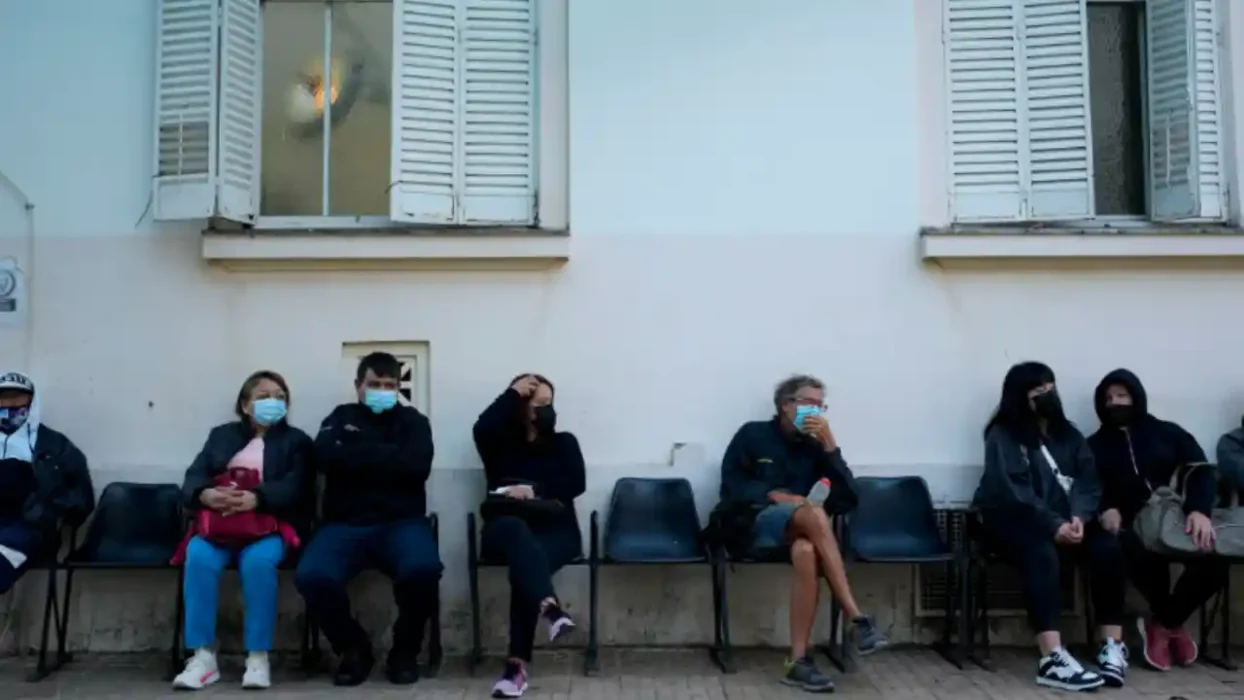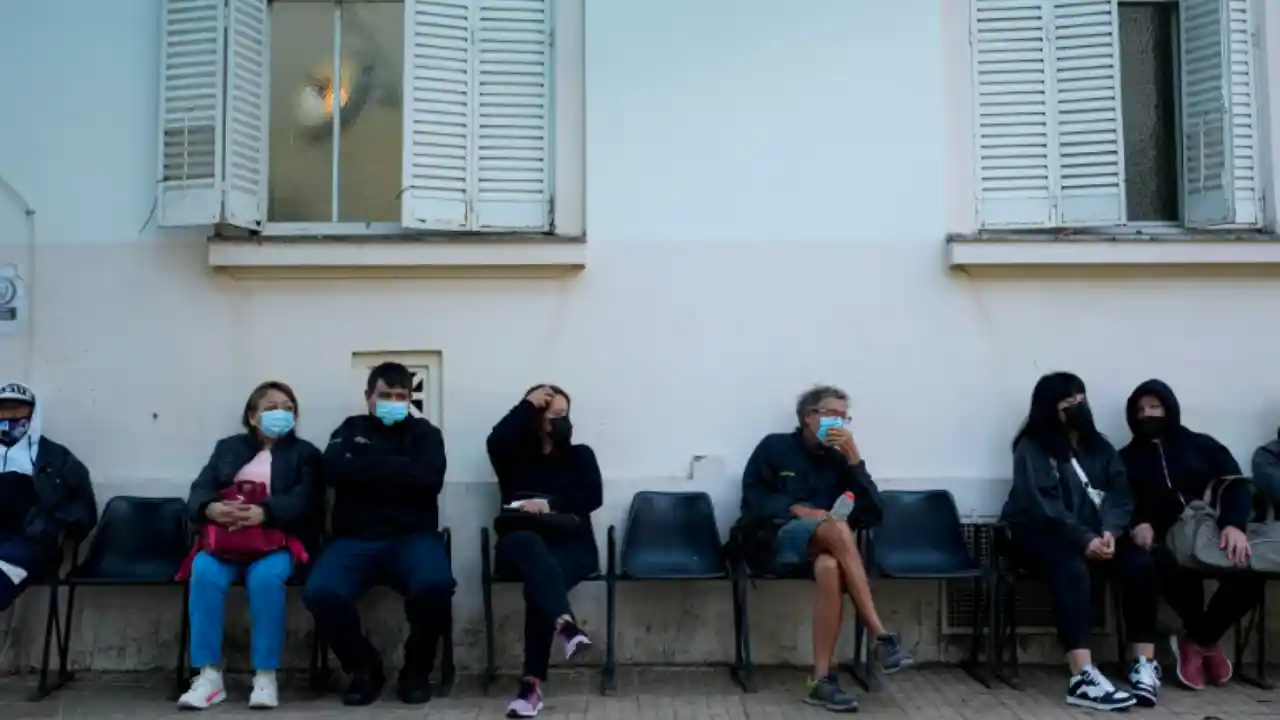The Americas are facing a public health crisis as dengue fever cases soar to unprecedented levels. According to the Pan American Health Organization (PAHO), a staggering 5.2 million cases have been reported as of this week, shattering the previous yearly record set in 2023. This alarming surge represents a significant threat to public health across North and South America.
Dengue fever is a mosquito-borne viral infection that can cause a wide range of symptoms, from a mild flu-like illness to severe dengue, a potentially life-threatening complication. The disease is endemic in tropical and subtropical regions, and the Americas have long been a hotspot for dengue activity. However, the current outbreak is unlike anything seen before.
Several factors contribute to this dramatic increase in cases. Rising temperatures, a hallmark of climate change, create ideal breeding grounds for the Aedes aegypti mosquito, the primary transmitter of dengue. Extreme weather events, such as flooding and heavy rains, further exacerbate the problem by creating stagnant water where mosquitoes can lay their eggs.
Rapid population growth in urban areas also plays a role. Densely populated cities often lack adequate sanitation and waste management infrastructure, leading to the accumulation of standing water – perfect havens for mosquito breeding. This creates a dangerous cycle where more mosquitoes translate to a higher risk of infection.

The public health consequences of this outbreak are severe. Healthcare systems across the Americas are struggling to cope with the influx of patients, many of whom experience debilitating symptoms. In the most critical cases, dengue can progress to severe dengue, characterized by internal bleeding, plasma leakage, and organ failure. This can be fatal, particularly for young children and adults over 60.
PAHO officials have declared the situation an emergency and are urging countries to step up their efforts to control the outbreak. This includes implementing effective mosquito control measures, such as insecticide spraying and larvicide application. Public education campaigns are also crucial to raise awareness about dengue fever, its symptoms, and preventive measures. Individuals can take steps to protect themselves by wearing long sleeves and pants, using mosquito repellent, and eliminating potential mosquito breeding sites around their homes and communities.
The current dengue outbreak in the Americas serves as a stark reminder of the growing threat posed by infectious diseases in a changing world. Climate change, urbanization, and inadequate infrastructure all contribute to the spread of these diseases. International collaboration and a multi-pronged approach are essential to bring this outbreak under control and prevent future ones. By working together, governments, public health agencies, and individuals can mitigate the spread of dengue fever and protect the health of millions across the Americas.
Read More:
Elites Play Kingmaker as Haiti Burns: Machete Militias vs. Gangs in Port-au-Prince

